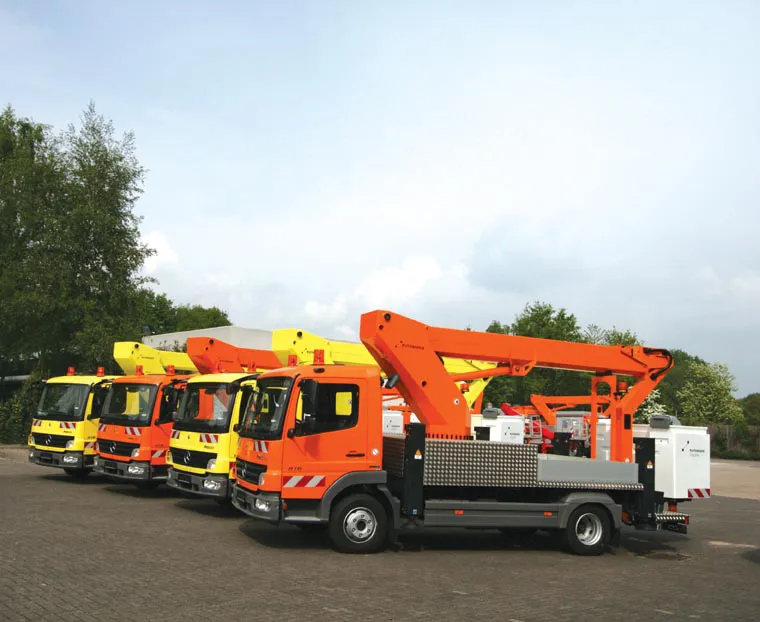Olympia Odos and Aegean Motorway of Greece have received four STEIGER T 180 aerial platforms from German manufacturer Ruthmann. Both companies had previously rented STEIGER products, but decided to purchase the models to enhance their fleet of maintenance vehicles.
February 28, 2012
Read time: 2 mins

Both companies had previously rented STEIGER products, but decided to purchase the models to enhance their fleet of maintenance vehicles.
The T 180s will be used to service street lighting, CCTV (closed-circuit television) cameras and traffic signs.
Two of the aerial platforms will be used by Aegean Motorway on a major highway expansion project in Greece, which involves the improvement, construction and development of a 230km stretch of highway between Athens and Thessaloniki. The other two STEIGER T 180 models will assist Olympia Odos on the Elefsina-Patras-Tsakona highway expansion project, a major project that involves the improvement, construction and establishment of a 360km stretch of highway between Athens, Patras and Pyrgos.
Work on both projects began in 2008 and will take 30 years to complete.
German, French and Greek construction companies are working in unison on the two highway expansion projects which, when finished, will greatly reduce travel times in Greece, while regional and economic development along the new highways will be enhanced significantly.
Improvement and construction of the toll highways will also increase the level of safety, reducing accident rates and road fatalities.
"The T 180 provides versatility, mobility and safety which are simply a must on the jobsite," says Andreas Hoppe of Aegean Motorway.








